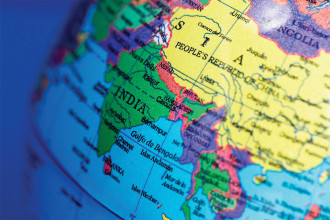
-
Can economists predict the future? Hardly.
At this point, I must confess, I am giving an Austrian economic perspective on this matter. Mainstream economists would not agree. According to Economics Nobel Prize winner Milton Friedman, “The only relevant test of the validity of a hypothesis is comparison of prediction with experience.” That is to say, if a claim is true, it must lead to accurate predictions. But the history of economics is a history of false predictions. Paul Krugman is another economics Nobel Prize winner. His 1998 prediction was that “The growth of the Internet will slow drastically.” Ha. There are more examples. Irving Fisher predicted a stock market boom; but he made the mistake of doing so right before the Crash of 1929. In 1968, Paul Ehrlich, author of the book, The Population Bomb, predicted mass starvation in the coming years. Mass obesity turned out to be a much bigger problem. In 1987 Ravi Batra predicted The Great Depression of 1990 in his book of that title. Didn’t happen. No, I think the steadfast refusal of Austrians to engage in economic predictions is consonant with our limited powers. We can explain economic reality and understand quite a bit of it, but unless “all else is constant” which it never is, we cannot predict, at least not qua economists. Intellectual modesty is of great value. Do I predict that one day mainstream economists will come to see the error of their ways in this regard? I hope so, but, as an Austrian economist, I make no predictions either way. Source: fee.org READ ALSO:"The future course of inflation depends upon what side of the bed Fed officials get out of, and we have no idea about that either. Quite possibly, they themselves don’t know. We are fortunate to have economic law, but that only takes us so far."
Published Date: November 10, 2022, 12:00 am
Post Comment
E-Magazine
RELATED Economics





-1758107444.jpg)